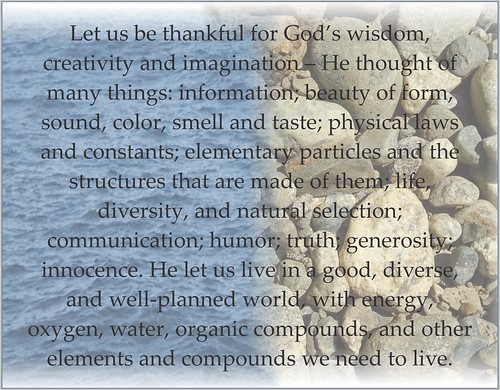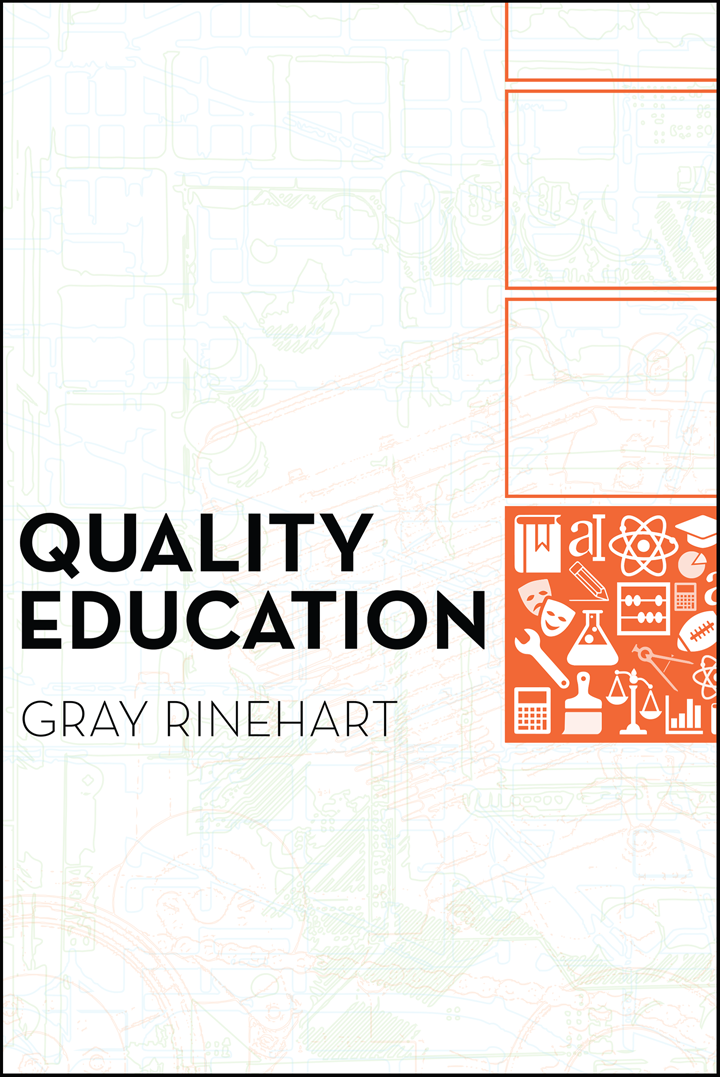Or, more precisely, third-party voting and the World Series.
I get it: a lot of us are sick of politics, and in particular of one or the other or both of the major party candidates. As a result, many of us who would normally vote along with one of the major parties are thinking and talking about voting for a third-party candidate.
I’m not sure I can do that.
The way I see it, a usually reliably major-party voter opting for a third-party candidate is equivalent to pulling for the White Sox or the Reds in this year’s World Series.
(In case you missed last night’s Game 1, or you’re not much of a sports fan, only the Cubs and the Indians are actually playing in the Series.)
In other words, I feel that if I voted third-party, it would be like cheering for a team — any team — that’s not even on the field. It certainly wouldn’t be cheering on the winner, helping them to victory, and it wouldn’t even effectively be cheering against whichever of the two teams I’d rather see lose.

Image: “The great national game — last match of the season to be decided Nov. 11th 1884.” Macbrair & Sons Lithograph, from the Library of Congress online collection, showing “a sandlot baseball game of presidential hopefuls with James G. Blaine pitching to Chester A. Arthur, with Samuel J. Tilden behind the plate and Roscoe Conkling as umpire, at first base is Benjamin F. Butler with a handgun in his belt, at second base is John A. Logan holding Ulysses S. Grant close to the bag, at shortstop is John Kelly, and at third base is Sereno E. Payne, in left field is John Sherman and in centerfield is Samuel J. Randall. They are playing on a field labeled “Potomac Flats” with the Potomac River in the background.” (Click here for a larger image.)
Maybe your third-party vote is more clear-cut. Maybe you believe in the values represented by the Libertarian Party or the Green Party or whatever, and consider yourself affiliated with them. Maybe you’re an Independent, and have no history with either the Democrats or the Republicans (and certainly no loyalty to either). If so, more power to you on your third-party selection.
But maybe, like me, you usually vote for a particular party. (If it matters that you know, I usually vote primarily Republican, though I don’t recall ever voting a straight ticket.) And since I usually ally with one of the major parties, I see voting third-party as a de-facto vote against my usual party.
If I vote third-party, it will not send any kind of message to the Republican leadership. It might clear my conscience or assuage my guilt by giving me the ability to say “I didn’t vote for X” when they try to implement some ill-considered policy. (Talk about self-interest in politics. I could achieve the same result by simply not voting.)
Heinlein had it right when he pointed out that if we have nothing or no one we want to vote for we can surely find something to vote against. Voting third-party may feel good, as if I’m voting against both of the major parties, but it seems like a damn ineffective way of doing so because it cannot prevent the side I find most disagreeable from winning.



 by
by 


















